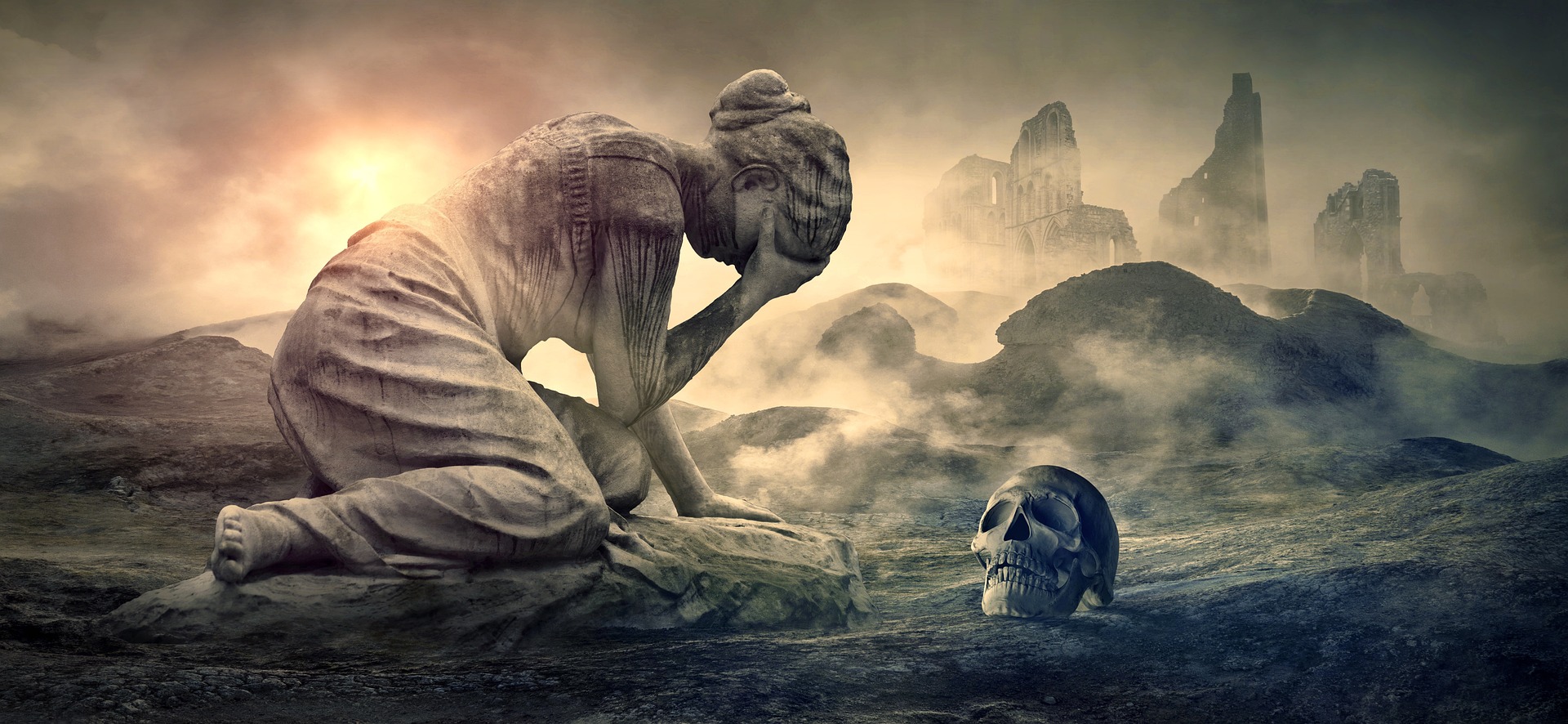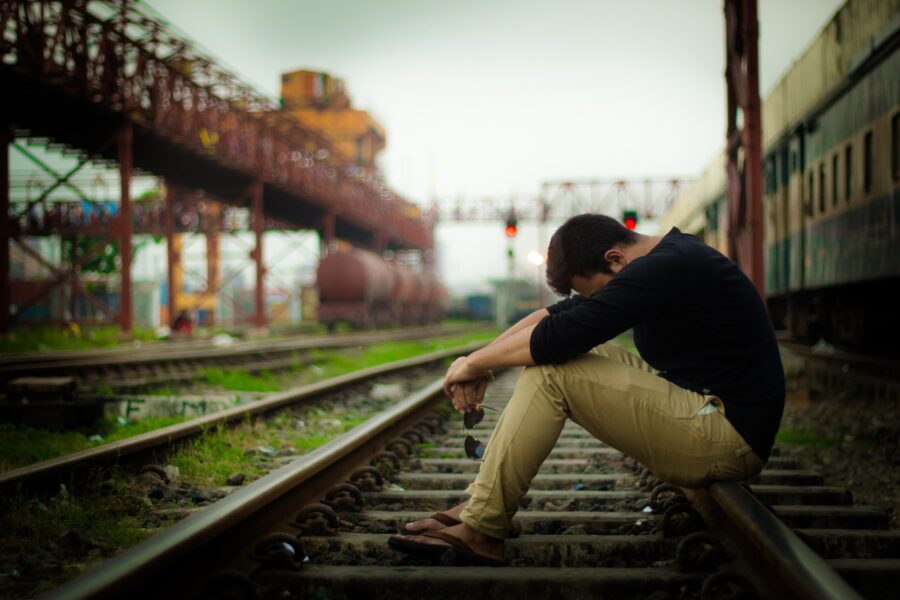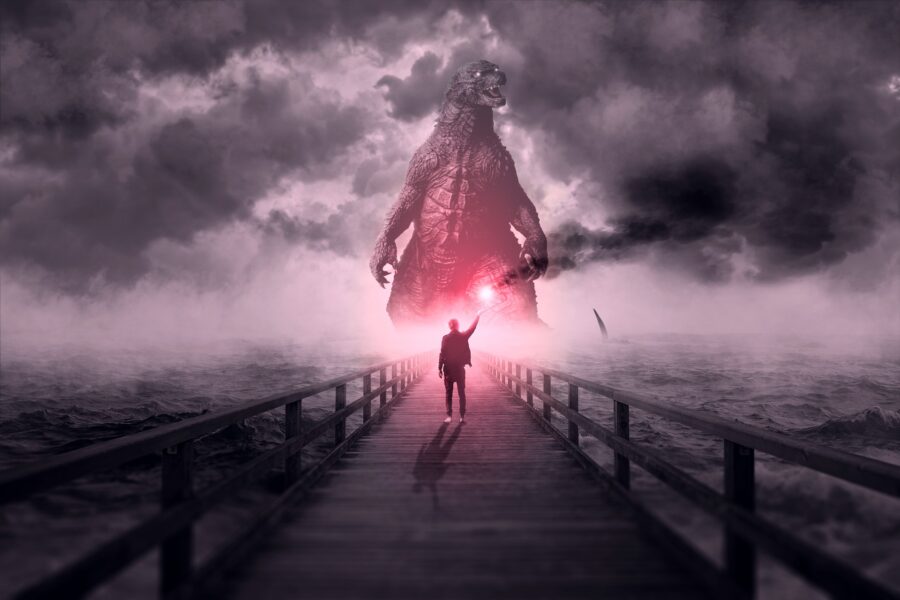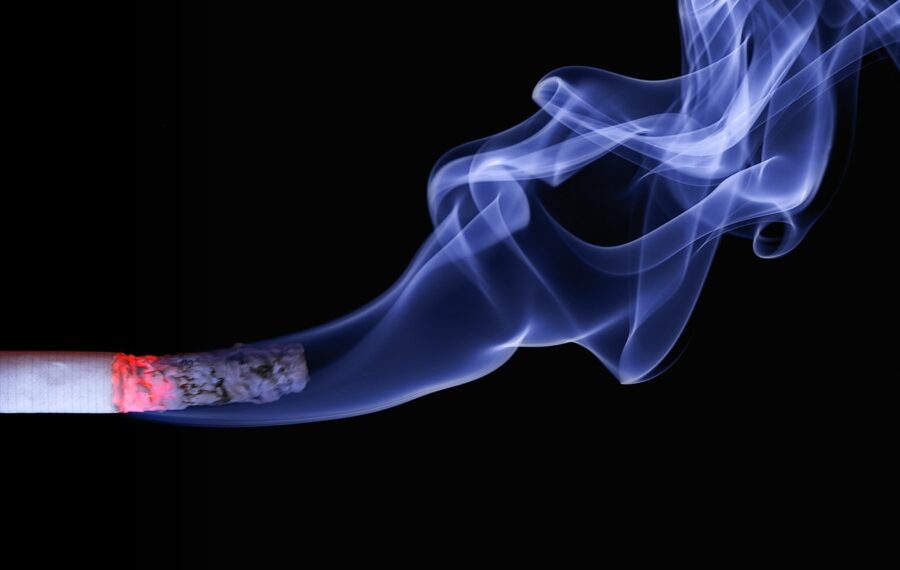
One hundred metres from where I was walking, were four teenage girls. One of them was crying and the other three stood around hugging her and giving her words of comfort.
This is compassion.
It was apparent the three boys had been hanging out with the girls when one of them looked in the direction of the boys to see what was happening.
I assumed the two teenagers that were under some emotional stress were dating and had just split up. But note the difference between how males and females behave.
The boy rushed away because wanted to be alone. Or maybe he didn’t want his friends to see that he was upset. Boys are raised to believe we should only express our emotions in private.

Some boys are led to believe that boys don’t cry. They might not even be releasing their pain at all. Holding in tears in this way can have dire consequences further along the line.
Men that learned to suppress their emotions when they were boys store up energy that will be released in some other way. In adult men, holding in emotions suppresses libido that typically resurfaces as anger, resentment, aggression, violence, restlessness and frustration. [1]
Your reaction largely depends on whether you are predominately introverted or extroverted. Introverts turn their emotions inwards. Extraverts may channel it into the environment.
The latter unleashes the unhealthy attributes of the Hero archetype. If you have developed the healthy qualities of the Hero archetype, you will express suppressed energy in a healthy way such as through sports, dancing or talking about how you feel with someone.
Men are allowed to express their emotions. Just as importantly, you are allowed to receive compassion from other people as well. Compassion is not sympathy and pity that makes you feel weak. It is comfort that provides you with emotional support.
On the other end of the spectrum is the introvert that bottles up emotions and turns them inwards. This can result in abandonment issues, depression, self-hate, self-harm and debilitating illness [2].
When wounded, the Divine Child and the Everyman are the two archetypes that are the most cut off from their emotions. Holding in emotions was probably a defensive mechanism you developed in early childhood or adolescence.
However, repression and suppression resurface in unhealthy and destructive ways.

Before we discuss repression and suppression, it’s pertinent to distinguish one from the other.
Repression is the cutting off of consciousness. The split-off consciousness is buried in the unconscious and is not accessible to the conscious mind.
Suppression is when you are aware of a negative emotion, but hold it in and push it down. Suppression is a conscious intent that you have control over. Therefore, you have the power to address emotional issues.
It’s just a matter of choice.
Here are a few reasons why you should choose not to hold in emotions or deal with them appropriately in the right circumstances.
Suppressing emotions can lead to a variety of negative consequences, including physical, psychological, and interpersonal problems.
When we suppress our emotions, we may experience physical symptoms such as headaches, fatigue, muscle tension, and digestive problems. Over the long term, there is an increased risk of high blood pressure, heart disease, diabetes and cancer. [3]
This is because emotional stress can cause physiological changes in the body, and suppressing these emotions can result in chronic tension that leads to physical symptoms.
Suppressing emotions can also lead to psychological problems, such as mood disorders, anxiety and depression. When we suppress our emotions, we may feel disconnected from our feelings, which can lead to a sense of emptiness and disconnection from others. [4]
A study during Covid identifies there was an increase in destructive behaviours as a way to cope with suppressed emotions. Alcohol, drugs, or other addictive behaviours may provide temporary relief from the discomfort of suppressed emotions, but can ultimately lead to addiction and other negative consequences over the long term. [5]

Holding in emotions can also affect our relationships with others. When we suppress our emotions, we may have difficulty expressing ourselves and may become emotionally distant or defensive. This can lead to misunderstandings, conflicts, and a breakdown in communication with others.
In extreme cases, holding in emotions can lead to self-harm, such as cutting or other forms of self-injury. When we suppress our emotions, we may feel overwhelmed by the intensity of our feelings and may resort to harmful behaviours as a way to cope.
Sigmund Freud developed a theory that unacceptable urges and desires are repressed. Repression typically takes place in childhood to dampen natural instincts that are not considered good behaviour.
The Swiss psychiatrist and psychoanalyst, Carl Jung shared Freud’s view. Whilst Freud believed repression shows up in the way people act and what they clumsily say (Freudian slips), Jung found repressed emotions resurface in opposition to one-sided behaviour.
Jung recognised that the unconscious mind played an important role in our psychological health and well-being. He argued that repressed emotions could manifest as a variety of psychological and physical symptoms, particularly anxiety, depression, and neurosis.
However, he also noted that such symptoms were nature’s way of identifying an imbalance in the psyche of an individual. When we are too excessive towards one type of quality — thinking, feeling, sensation or intuition — the psychic energy (libido) that is ignored possesses the individual in some way.
“Without the repression of everything that differs from itself, the directed function cannot operate at all. But, on the other hand, the self-regulation of the living organism makes such a strong, natural demand for the harmonising of human nature that the consideration of the last few functions forces itself to the front as a necessity of life and an unavoidable task in the education of the human race.”
~ Carl Jung, Psychological Types
Depression is a good example of this imbalance. When a person is cut off from their feelings in favour of the thinking quality, feelings of deep sadness surface to inform you of the imbalance.
Consciousness makes itself known.
Jung also believed that repressed emotions and desires resurface in the form of symbolic images, such as dreams, ‘phantasy’ or synchronicity. He argued that these images could provide important clues about the underlying psychological issues that were causing the symptoms.
“The sources of dreams are often repressed instincts which have a natural tendency to influence the conscious mind…the resultant sequence of fantasies relieves the unconscious and produces material rich in archetypal images and associations.”
~ Carl Jung, The Archetypes and the Collective Unconscious
To address repression, Jung developed several therapeutic approaches such as dream analysis, active imagination, and symbolic interpretation. Through these various techniques, individuals are able to gain insight into their repressed emotions and create a strategy that enables them to bring ignored aspects of their personality into conscious awareness.
To develop the whole personality, consciousness has to be experienced and express them. The word ‘Whole” comes from the Anglo-Saxon word for health.
